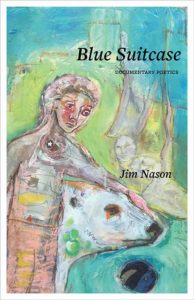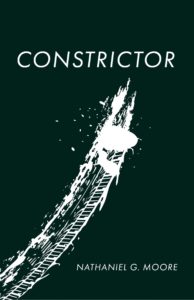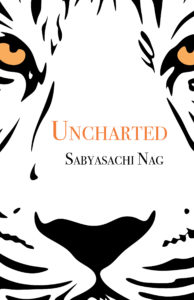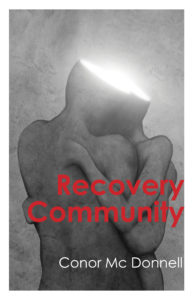J ay Miller, the young lit-wrangler at Kingston-based literatured.com, has given all four spring 2012 poetry titles from Mansfield Press thoughtful and detailed reviews. Jay has attended the last few Mansfield events in Kingston, and we’re grateful for his interest in the press and the poets we publish.
Here’s a bit of Jay on In This Thin Rain, by Nelson Ball:
There is in Nelson Ball a despondent flâneur, strolling under a raincloud of thought. His first publication in 20 years, In This Thin Rain, in spite of its paucity of words, steadily develops several themes to conclusion. There’s the meditation on urban sprawl which through Ball’s poetry comes off as having half-assedly replaced the poet’s rurality, not overcoming the poet’s work; then, the theme of visual-symbolic memory, so important to the images in the poetry; finally, without having had to name them, elegy for his late wife, artist Barbara Caruso and his late mother Frances. The mélange is well composed and potent considering its minimalism, responsible for one two-word poem and making me feel as though I were composing poetry in writing my annotations to the poems while reading them.
And here he is on Holler, by Alice Burdick:
There is plenty of appeal in Burdick’s new poetry. Middle-age, family life, Canadian nature, Canadian politics, all mixed into the hollers of her children, the meditations in silence, and everything in between. As a title, Holler seems to be ironic, because the poet, like any other good poet, is seeking out silence. Her life dissipates moments of silence, though, whether it’s the voice of memory, her kids, or the screeching wind. Air seems to be a symbol of creativity, “Memory evaporates into dreams, / on its way out on life’s exhalation.” Her shout, though unsettling to her achieved silence, is the invisible medium of sound, a perfect metaphor for poetry; the poetry that is set up as the subject of her angst, the only way she can triumph over oblivion, goes unseen, unnoticed.
And on Jaime Forsythe’s Sympathy Loophole:
Though she can be arcane, she comes off as a confidante, both when she’s reading aloud or when she’s read aloud. She’s articulate, laying down words as if she were a door-to-door saleswoman whose wares are words of wisdom. … Forsythe is compassionate and developing a sense of sardonic humour[;] though the two tones they could produce may clash, I would enjoy reading her in either extremity of expression. Her prose (there are a few samples of prose poems in her book) is just as arcane as the rest of her poetry, a catechism whose responses have yet to be written. Forsythe is a poet worth watching in the coming years as she continues to write.
And finally, on David W. McFadden’s What’s the Score?:
So David W. McFadden was published at the right time, when all my aged neighbours are spending their summers travelling throughout Europe, I’m copying out his poems for them. His wit is universal and especially in tune for the 3-month Canadian summer. Finally, he’s been nominated and shortlisted for the Govenor General’s Award and the Griffin Prize for Poetry, respectively, in the last couple of years, and his latest 99 poems are well-bound proofs that deserve the distinction above all others’ books this year. … He doesn’t pander by trying to be topical, or conform to any absurd nostalgic forms of high modernist experimentations, and it makes his voice memorably sincere. It isn’t exactly the poetry for younger readers, but that just means that in future years, younguns like myself will be able to appreciate more completely his words. This is poetry to outlast his generation.
Mansfield Press is always on the lookout for thoughtful bloggers who write about contemporary Canadian poetry. Drop us a note at info@mansfieldpress.net if you’d like to write about one of our recent books.




























